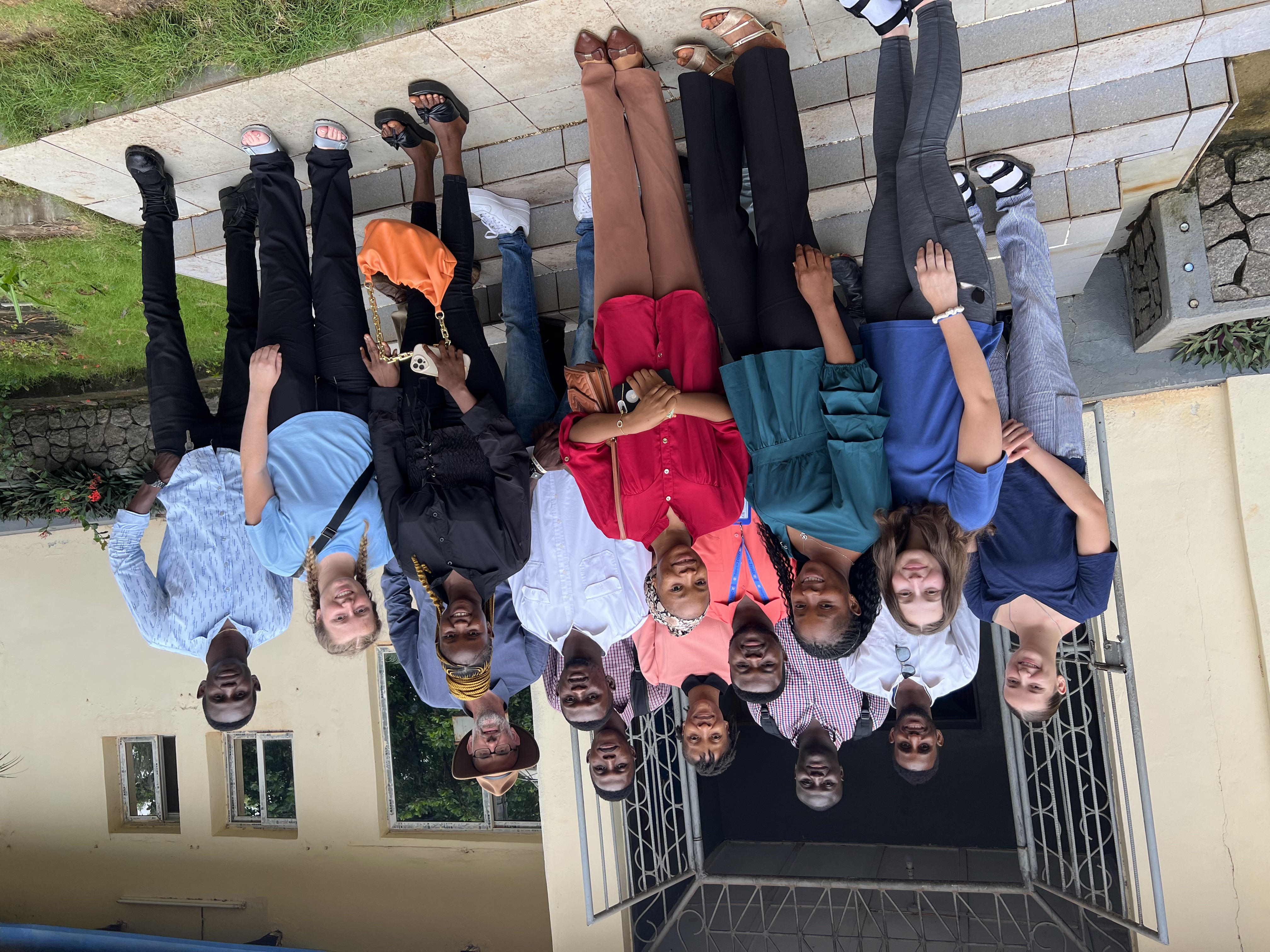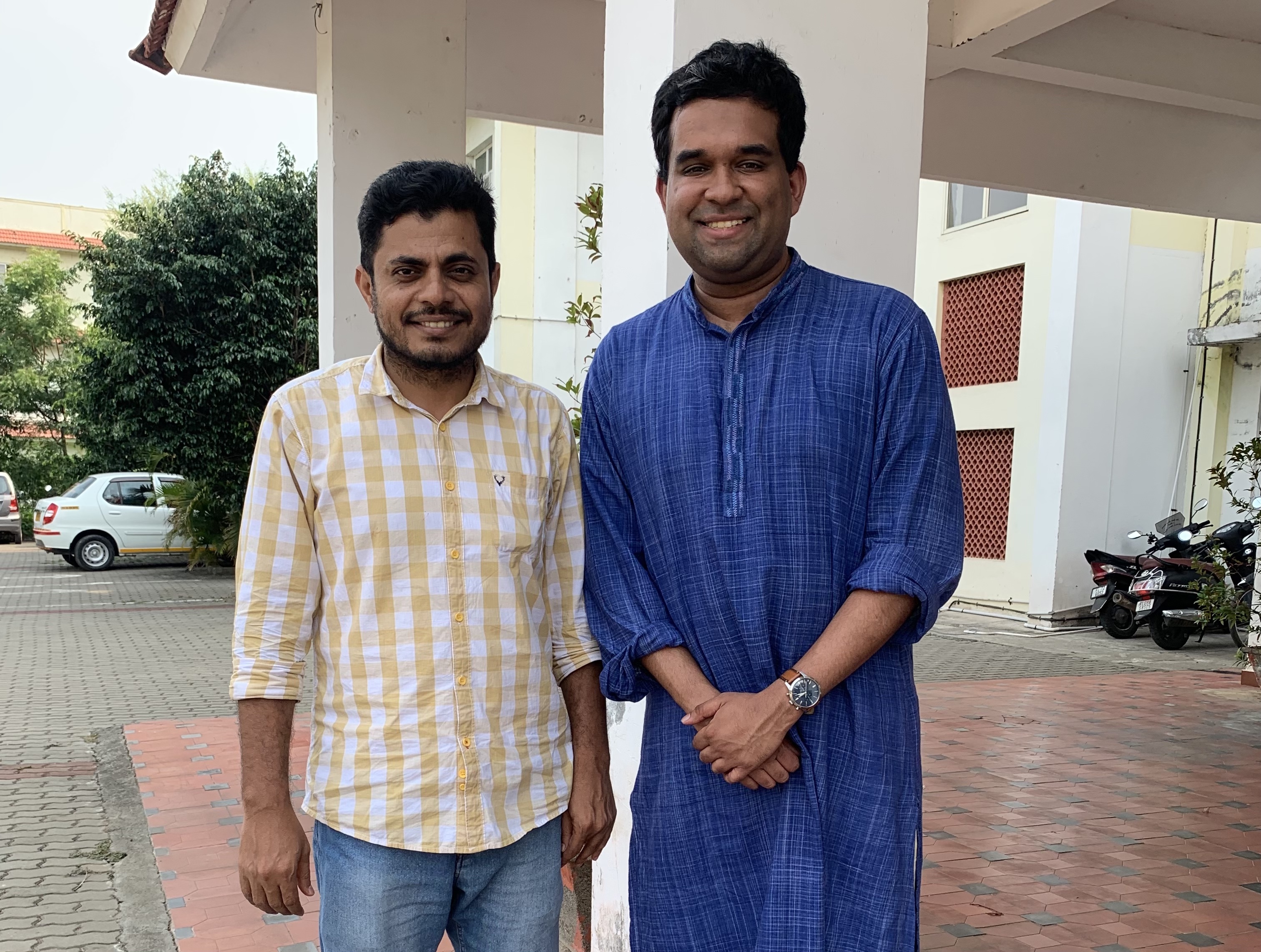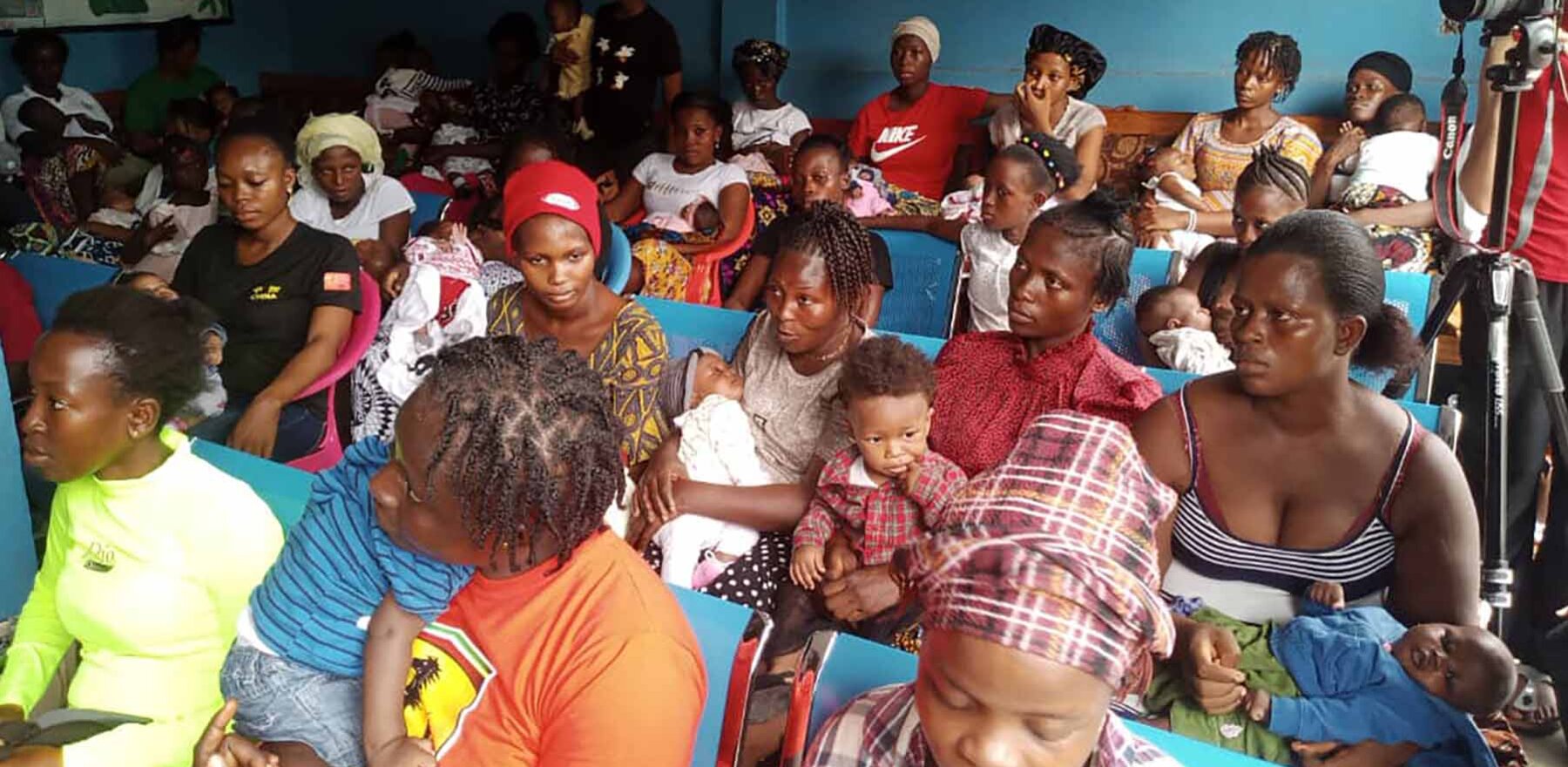The grant funding will support a public health program in Sierra Leone, clinical trials in India, and research in Ireland for a multimedia project
The Lehigh University Office of International Affairs (OIA) has announced the latest recipients of the Faculty Internationalization Grant, which supports Lehigh faculty members who seek to pursue international research and teaching projects.
Five faculty members from a wide range of academic disciplines received a total of $13,475 to support three international research projects. The winners, which were selected last month by an OIA committee, include:
- Lyam Gabel and Joseph Amodei, who received $5,000 to support a two-week visit to Ireland to create new relationships with Irish institutions, deliver a workshop in Ireland, and conduct research for a new multimedia performance project.
- Michael Kramp and Fathima Wakeel, who received $4,725 to support a mixed-methods study at rural health clinics in Sierra Leone, the continuation of a highly successful multi-stage, long-term public health program.
- Dhruv Seshadri, who received $3,750 to fund a trip to Palakkad, India to conduct focus groups and clinical trials and on wearable device and digital health technologies to reduce perinatal and pediatric mortality and reduce health disparities.
Faculty Internationalization Grants can support such initiatives as developing shared research with colleagues at institutions overseas, designing a workshop or a course with faculty and students from foreign institutions, or planning an international conference.
Multimedia Project in Ireland
Gabel and Amodei, faculty members in Lehigh’s Theatre Department, will travel to Ireland to create new relationships with Irish institutions, deliver a workshop, and conduct research for the multimedia project inside [OUTSIDE], which places participants into a surround sound journey that connects and response to the environment in real-time.
To create it, they will interview transgender individuals about their experiences in the natural world and their connections to gender in rural communities across the U.S. and Ireland. Those interviews will be conducted with ambisonic Augmented Reality audio techniques, which can then be implemented into the multimedia project.
“We are excited to connect stories of trans* euphoria in rural landscapes across the Atlantic,” Gabel said.
This ambitious international collaboration seeks to make connections with LGBTQIA+ communities across the Atlantic, as well as to nurture cross-cultural learning, stimulate artistic exchange, and foster community engagement. The two-week trip will include stops in Cork, Dublin, and Limerick.
Mothers of Sierra Leone
Kramp is a Professor of English, and Wakeel is an Associate Professor in the Department of Community & Population Health. Their grant will continue their ongoing Global Social Impact Fellowship project Mothers of Sierra Leone, which uses documentary film to promote health-seeking behavior amongst mothers in Sierra Leone.

Students are involved in filming, editing, interviewing, and distributing documentaries highlighting innovations in prenatal care, clinical treatment, emergency surgery, postpartum care, and more. These documentaries are now shown in Sierra Leonean hospitals and other locations on a daily basis, demonstrating the effectiveness of health innovations in the country.
“Our work demonstrates how complex health challenges require interdisciplinary approaches and strategies,” Kramp said. “We are not going to invent our way out of this health crisis in Sierra Leone with some new technology; we need to think across disciplinary divides to address this problem of maternal mortality.”
The project also includes a research component, with focus groups and surveys studying the efficacy of documentary film as a tool to improve maternal health outcomes in rural and remote locations where advanced technologies are limited and often poorly used, resulting in increased health disparities and preventable maternal mortalities.
Wearable Technology for Patients

Seshadri, Assistant Professor in the Department of Bioengineering, will use his funding on a project to assess the usability, wearability, and accuracy of wearable sensors for perinatal and pediatric hospital patients in Palakkad. Investments in intrapartum and newborn care technology can reduce the risk of death among the perinatal and pediatric populations.
Seshadri has an existing collaboration with Abdul Rasheed at the Indian Institute of Technology (IIT) Palakkad involving the development and translation of wearable technology and point of care diagnostics for remote and surgical monitoring. Clinical trials and focus groups from this project will enable discussions to engineer these devices for vulnerable low- and middle-income populations.
“Our research team is committed to solving the most pressing needs in medicine via the development, validation, and translation of soft, flexible devices that monitor key biomechanical, physiological, and biochemical parameters and advanced digital biomarkers that recapitulate current medical monitoring systems in an unobtrusive and non-invasive manner,” Seshadri said.
This work may create internship and thesis research opportunities for students in India to come to Lehigh to help with device device engineering and provide clinical and translational and data science research opportunities for students at Lehigh to gain direct experiences in working in an international and multidisciplinary environment.
The next cycle of Faculty Internationalization Grants will be awarded in fall 2024, according to Stacy Burger, Director of Global Partnerships and Strategic Initiatives at OIA.
